10 Foods that Boost Your Immune System
Staying healthy has always been important. But right now, especially, it is vital to keep your immune systems as healthy as possible. While foods cannot prevent viruses from invading your body, healthy food can provide you with the nutrients needed to support your immune system.
There are only a few medications that can combat viruses, so it is critical for you to give your immune system a boost to deal with any new or old viruses that pop up.
Now, if you eat an overall healthy diet, you are well on your way to having a strong immune system. But there are some foods that seem to have extra properties that give your immunity a little more fighting power. Let’s have a look at 10 of these foods.
Apples

Of course, I will start with apples. “An apple a day keeps the doctor away” is a famous quote that rings scientifically true. Apples are packed full of vitamins and minerals that we need to keep immune cells functioning well.
“An apple a day keeps the doctor away “
– Benjamin Franklin –
Apples also contain quercetin, a phytochemical with antioxidant and anti-inflammatory effects. Eating just 15% of a large apple a day was found to reduce the damage and protect the lung from inflammation (e.g. asthma) in one study.
Apples, especially when we eat the peel too, contains a significant amount of soluble fiber. The by-products from this soluble fiber as it ferments in our intestine strengthens our immune system.
One study demonstrated that eating apples, including the peel, made our immune cells more aggressive. Only half of the mice eating apple fiber became sick when challenged with a virus. Those mice that became sick recovered 50% faster than the mice who didn’t eat apple fiber.
Oranges
Oranges, and basically all citrus fruits, contain a lot of vitamin C. Vitamin C has been shown to reduce the duration of illness caused from common cold viruses. This vitamin is a powerful antioxidant and neutralizes harmful free radicals in our bodies.
The recommended daily dose of Vitamin C is 75 mg for women and 90 mg for men. One medium size orange contains about 68 mg of vitamin C, which is almost the daily dose. Some people, including a few experts, think the recommended daily dose should be higher. If you eat more vitamin C than you need, you will just urinate it out.
So, why not just take a vitamin C supplement then? Well, then you would be missing out on other important nutrients as well. Oranges also contain soluble fiber that help feed our good gut bacteria to fight off foreign invaders.
I should point out that juicing takes out a lot of this valuable fiber. Unless you like orange juice with lots of pulp, it is better to just eat an orange, rather than drink it.
Oranges also contain other significant vitamins and minerals, such as potassium and folate, that can help support our immune system and improve our overall health. But don’t over do it. One or two oranges is enough for a day. Oranges are acidic, which can lead to heartburn, stomach cramps and diarrhea for some people.
Oranges, especially bitter oranges, can interfere with some medications. Be sure to ask your pharmacist if oranges are okay with any medications you may be taking.
Broccoli
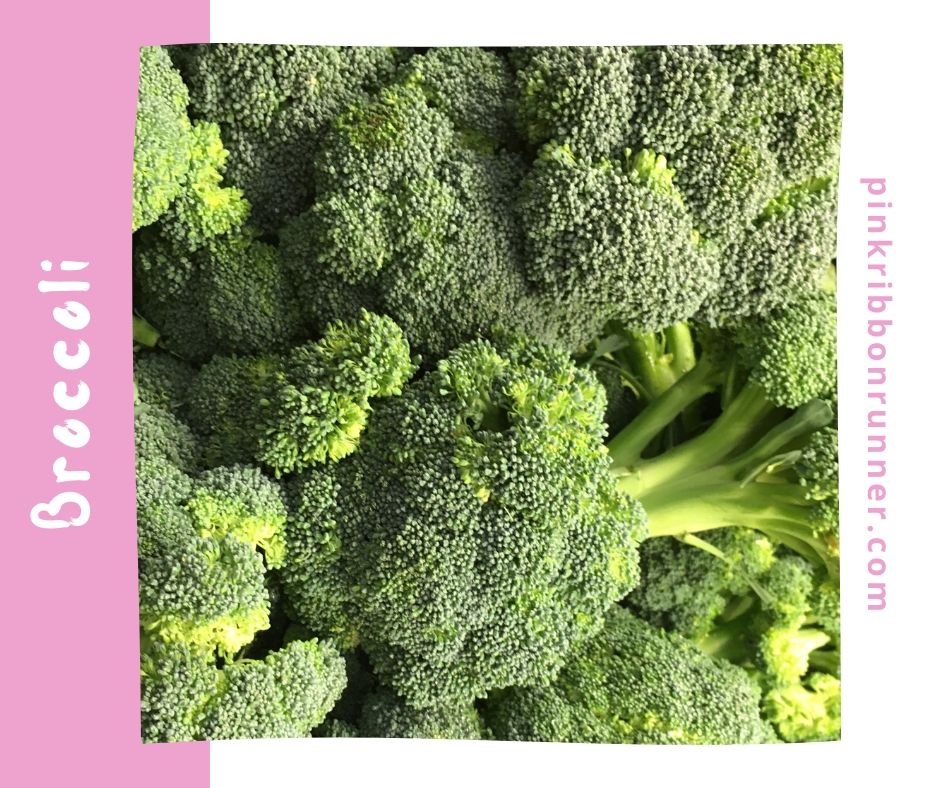
Broccoli is a cruciferous vegetable. I wrote all about the benefits of this group of miracle foods in this blog article. This fabulous vegetable can help restore a depleted immune system. Researchers at the UCLA found that a sulfur compound in broccoli can switch on our genes to make enzymes that help our immune cells. These have powerful antioxidant properties.
Broccoli also contains vitamins A, C and E, all of which are required to keep our immune cells functioning at their best.
Broccoli was found to have an immune stimulating effect that helps to clear some viruses from the intestines of mice. Now, whether this occurs in people isn’t yet known. But broccoli is healthy in many respects, so why not eat some?
Remember to eat in moderation. Just 150 grams of broccoli is enough to help the immune system. Eating excessive cruciferous veggies can give you gas and stomach upset.
Honey
The use of honey as a medicine dates back to the ancient Egyptians. Today science has shown benefits of honey for fighting infections in wounds. This has resulted in the development of wound dressings containing medicinal honey, which is purified from Manuka honey.
Honey has also been shown to have the ability to suppress coughs and sniffles. However, the science is less clear on this benefit. In one study, honey seemed to suppress cough better than common cough syrups, especially at nighttime. Buckwheat honey seems to best for cough suppression.
Honey should never be given to infants, as it could contain botulism and cause paralysis. Honey is also a sugar, so people who can’t have a lot of carbohydrates, such as diabetics, should be cautious with ingesting a lot of honey.
Ginger
Ginger has been used as a folk remedy for fighting infections for centuries. And now science has caught up with the folklore.
Ginger contains both beta carotene and capsaicin. These compounds can reduce inflammation, sooth sore throats, reduce nausea and decrease pain. Ginger has both anti-inflammatory and antioxidant properties. Even the tea of this powerful and spicy root can help restore depleted immune systems.
Ginger tea is warm and soothing to drink, especially when you are first showing signs of an upper respiratory infection, such as a cold. It can help keep you hydrated and help with nausea too.
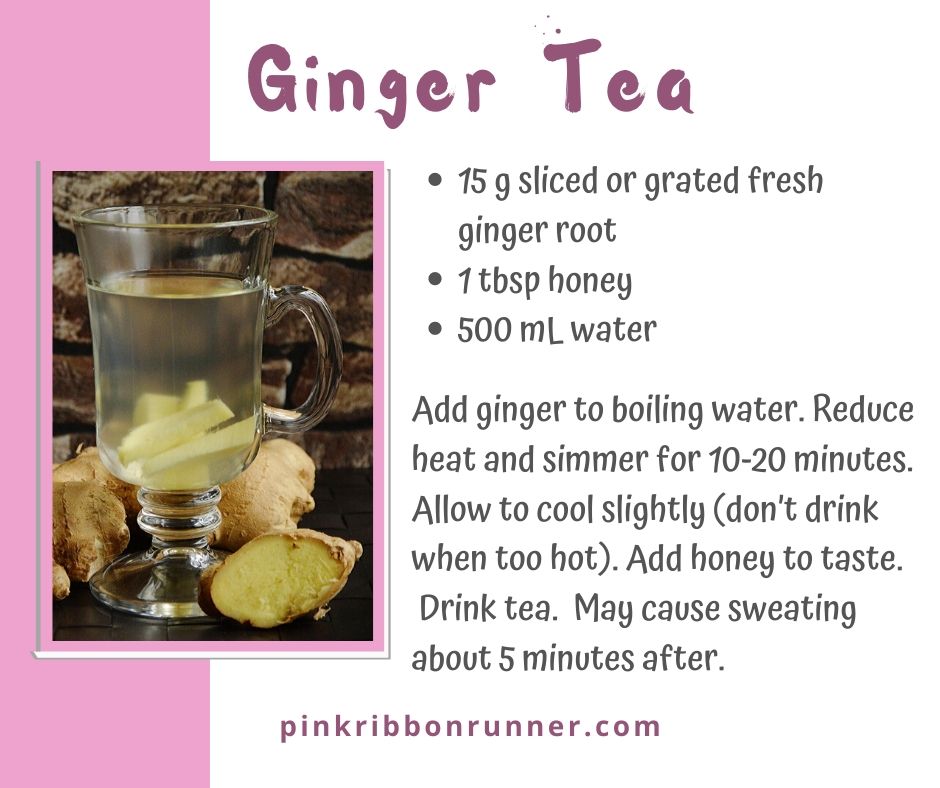
Garlic
Garlic isn’t just good at warding off vampires. It is good for your immune system too.
Garlic contains a compound called allicin. This phytochemical helps by blocking enzymes involved in infections from bacteria, viruses and parasites.
Garlic also boosts immune cells, specifically T-cells that respond to viruses. Garlic also helps to dilate blood vessels and improve circulation so that immune cells can cover more ground.
“Data strongly suggest that garlic compounds and its derivatives are involved in the cellular immune response, acting as immunoregulators” – From Immunomodulation and Anti-Inflammatory Effects of Garlic Compounds in the Journal of Immunology Research –
It is important to note that garlic supplements vary in effectiveness due to varied manufacturing processes. Concentrated garlic can interfere with your body’s ability to clot blood. But as a natural ingredient to spice up your food, it may help give your immune system a boost.
Spinach
There is a reason that Popeye ate spinach. It is packed full of nutrients that not only make us strong physically, but strong immunologically too.
Where do I start? Spinach has it all: vitamin C, K, A and B; over 10 different antioxidants; and minerals such as magnesium, iron, zinc, potassium and manganese. All these components are essential for a strong and healthy immune system.
Spinach can help protect our cells by decreasing inflammation. It also helps us make more white blood cells to fight infections.
It isn’t the only leafy green vegetable to do this. Kale, arugula and other dark leafy green salad veggies also have these properties. Spinach is the most famous and possibly the most potent, however.
Bell Peppers
Just like oranges, bell peppers are packed full of vitamin C. But the advantages that bell peppers have over oranges is that they are low in sugars. These vegetables also contain a significant amount of beta carotene that also boost immunity.
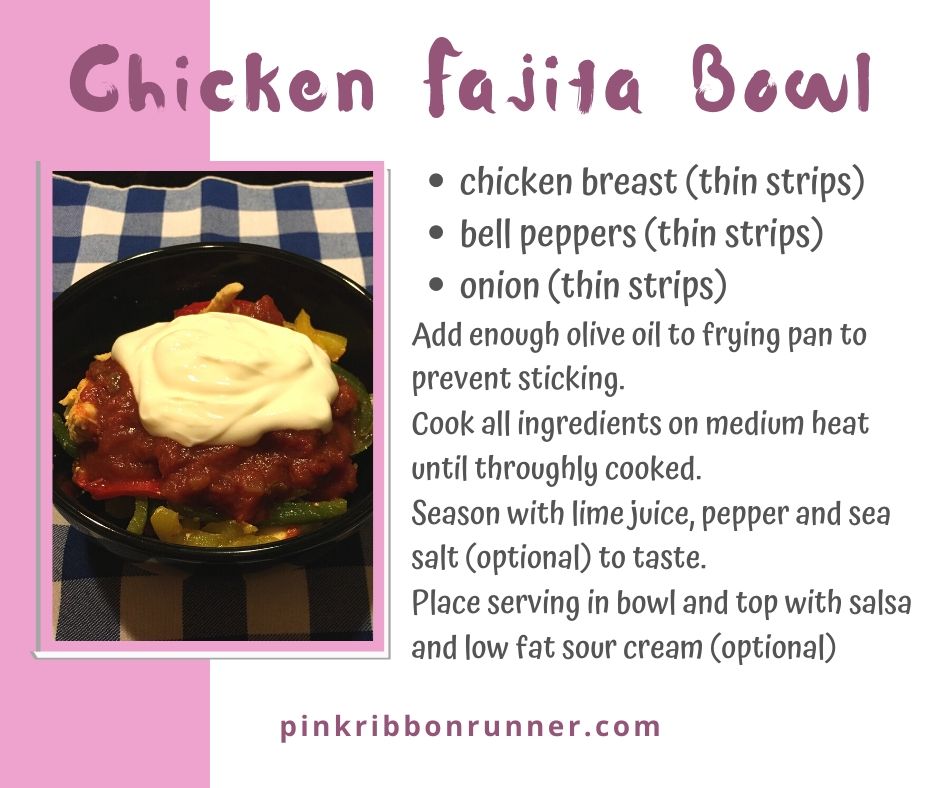
Green Tea
Green tea packs an antioxidant punch. My oncologist told me to drink green tea to help me fight my cancer and to reduce side effects of my treatments. Curious, I investigated the science of his recommendation and, of course, I found many studies supporting his claim.
It seems that green tea acts to improve our immunity, thus helps our bodies fight cancer. This same boost in immunity can also help us ward off pathogens. The antioxidants in green tea also help us make more immune cells, specifically T-cells.
I won’t go into all the research done with green tea and its antiviral properties. If you are interested in that science, there is a great video summary here. Suffice it to say that green tea seems to significantly lower influenza infection rates.
In addition to all these wonderful things, drinking green tea will help keep you hydrated which is so important when sick.
Chicken Soup
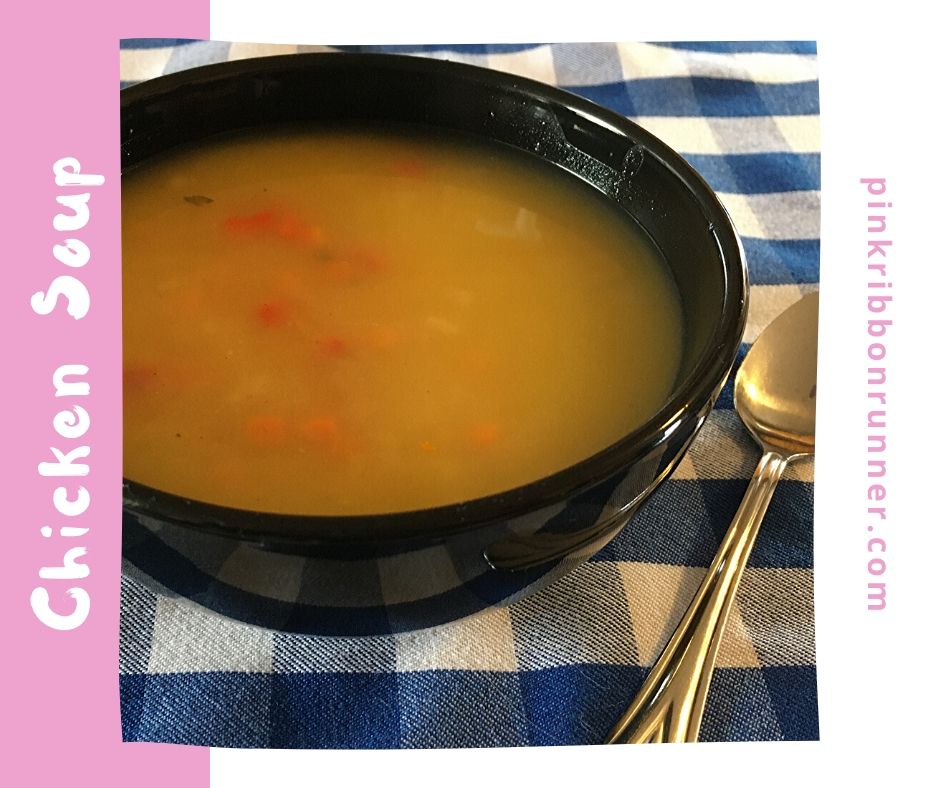
Just like mama said! Chicken soup does indeed have some immune system benefits. There is some science to back up the folklore.
“Chicken soup is recommended as an excellent food as well as a medication.”
– Moses Maimonides, 12th century physician –
When making the broth, minerals leach into the liquid from the bones and bone marrow. Chicken meat contains the amino acid cysteine which can help break down mucous. And the vegetables included, usually onions, celery and carrots, are packed full of vitamins and minerals that help support immune cells. The liquid also helps to maintain hydration.
The steam from the hot liquid can help clear sinuses. And the warmth and smells can soothe the spirit and calm the mind. Chicken soup can be just the thing you need to help reduce stress and anxiety during times of illness, even if these mental health benefits turn out to be just be a placebo effect.
The best way to make chicken soup is from scratch, using a whole chicken or chicken bones to make your stock. Here are a couple of old-fashioned chicken soup recipes to try. Just be careful with how much salt you add, especially if you need to restrict your sodium intake. Perhaps try some herbs and spices in your soup, such as garlic.
Perhaps try one of these recipes for Chicken Soup from scratch:
Old Fashioned Chicken Soup from Scratch from Dishes & Dust Bunnies
Grandma’s Chicken Soup from Scratch from Fearless Dining
Eat a healthy balanced diet
Now, to be clear, these specific foods do not combat viruses directly. They are not truly anti-viral. They act to support your immune systems. But if you support your immune system, you are more likely to avoid infection or be able to recover from illness more quickly.
There are many other nutritious foods that will help keep you healthy too. It is important to eat these foods in moderation and eat a variety of whole foods to give you balanced nutrients. But adding some of these foods into your day may help give you an advantage when your immune system faces cold and flu viruses.
Please stay healthy!
Read more about healthy eating here.

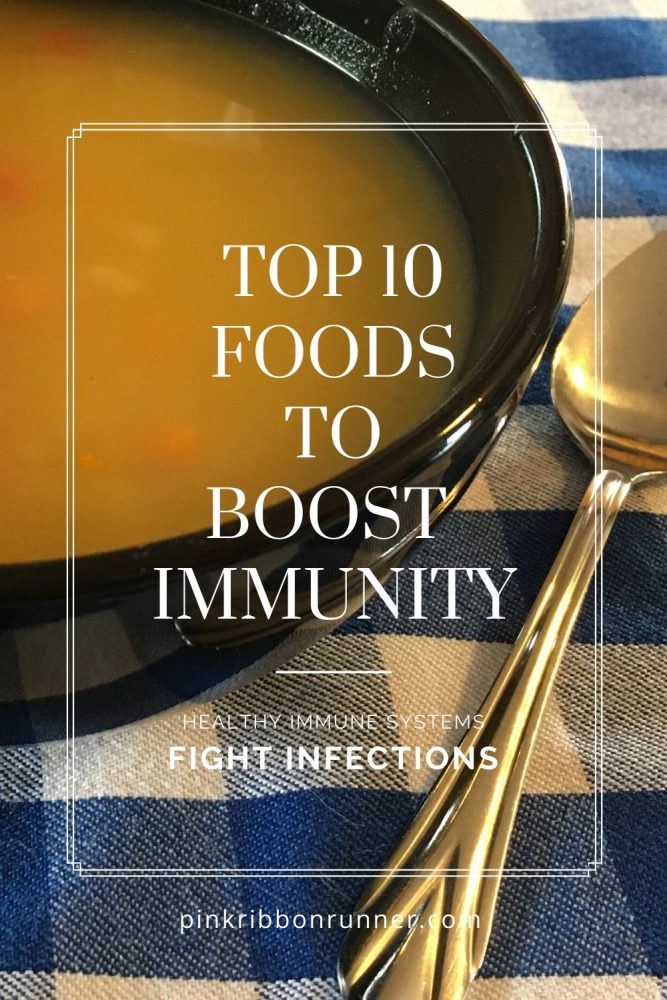
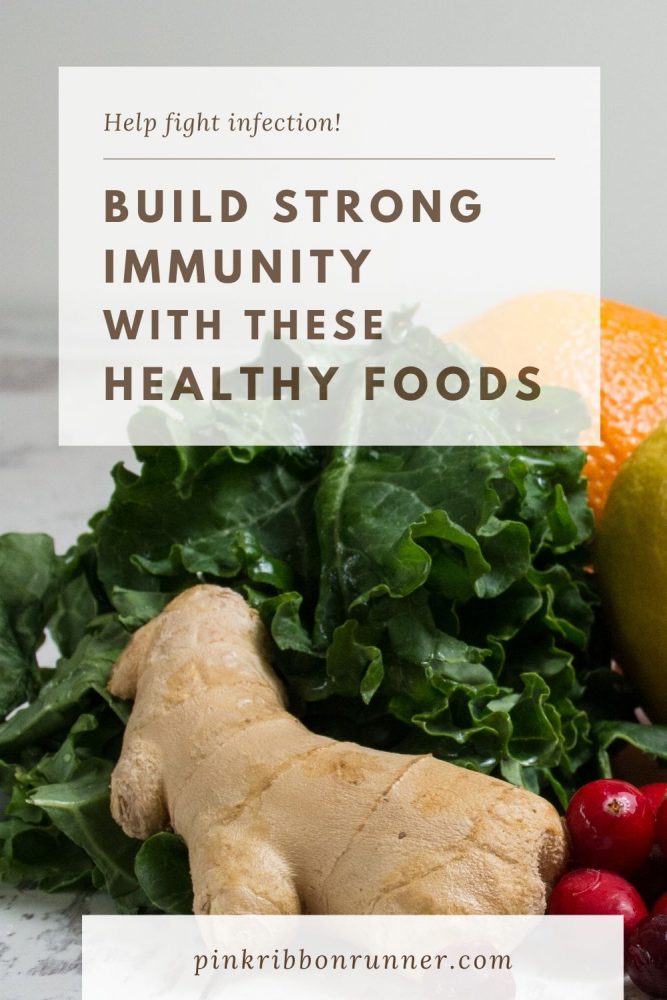
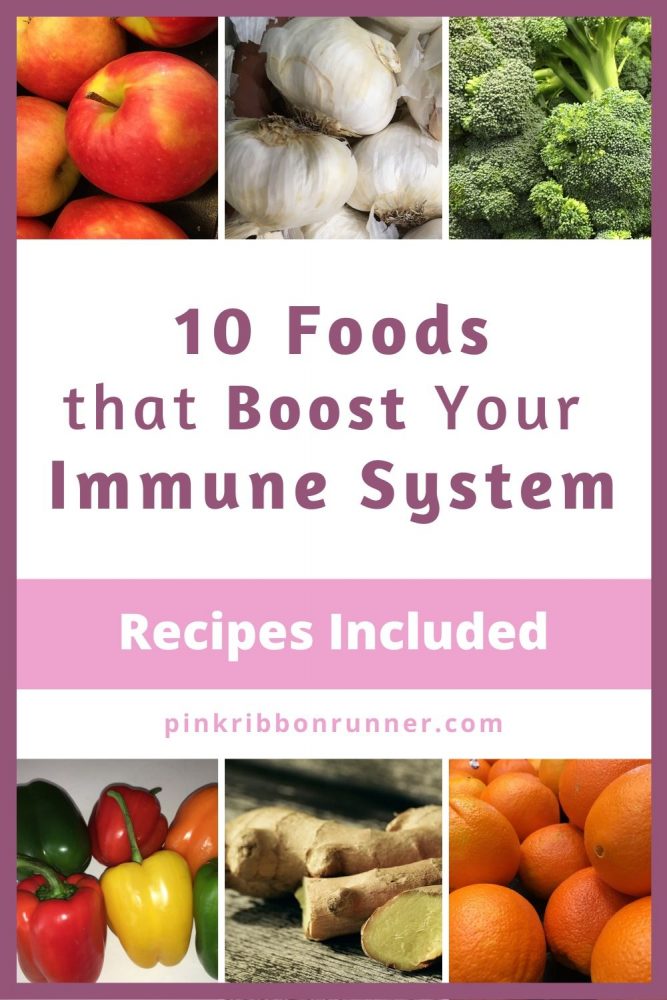




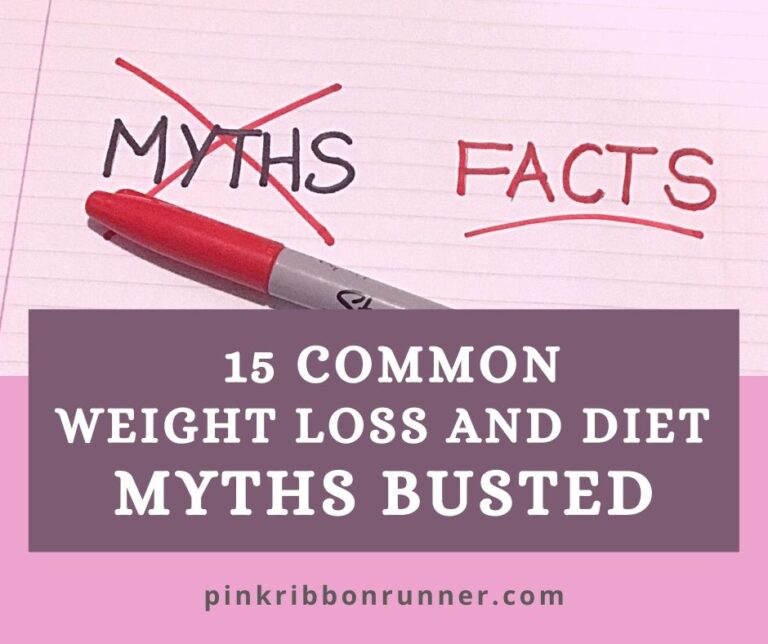


Expounding on the broccoli, I’d say eating broccoli sprouts is also an excellent choice!
Apple is a queen. Definitely don’t like garlic. What about nuts?
Oranges are my personal favourite as they are source of vit c
Thanks good information , keep doing good work
Couldn’t agree more! Love that all these super foods are affordable and available in local super markets. Thanks for sharing!
Excellent post! Garlic, honey, and ginger are in my diet daily because of the numerous health benefits! Thank you for taking the time to share all of this info!
Great article.
I have to say, I swear by broccoli. I was severely anemic for years and broccoli has literally been a savior along with my treatments
Thanks for the information. With winter just around the corner we all need this.
Great article! I am health and wellness blogger too and these food ideas to boost immunity is real and I practice using them as a food habit in my house.
Great reminder that a lot of basics food help boost immunity. I gotta find more ways to combine garlic and spinach in recipes.
Wonderful and timely post! All of these foods would be an excellent addition to a healthy diet and have so many benefits to offer!
Great post and source of info.! I have incorporated most of these foods in my daily diet. Thank you for sharing!😍
What a fantastic article for right now … instead of spreading Corona panic, you’re spreading proactive ways to keep healthy. Thank you.!
Great article! I frequently use honey mixed with a few drops of betadine to pack wounds on my livestock. It stays put, keeps bacteria out and promotes quick healing.
Some great tips its really helpful
Excellent post which is very easy to read and full of helpful information.
Good information, thank you!